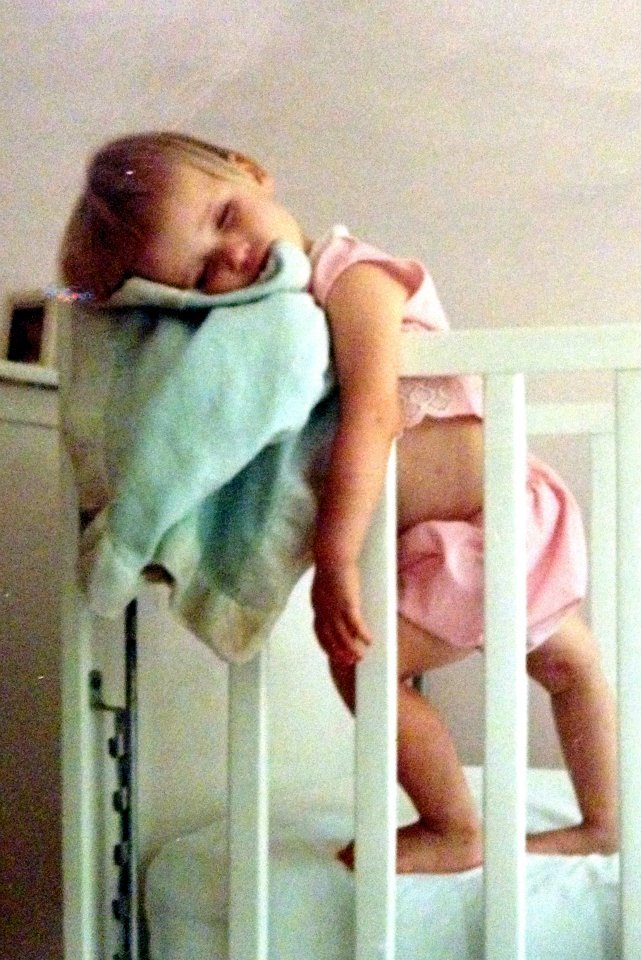More of Everything
More of Everything
“I did not like this feeling of having feelings.” ― Jeff Lindsay, Darkly Dreaming Dexter
“You are such a cry baby!”
“You are such a sensitive person.”
“You always take everything to heart.”
The labels have been bestowed upon me as if they are bad things. For most of my life, I have been a crier and a feeler; My pain, your pain, his pain, her pain. I don’t stop with pain, though. I feel everyone’s joy, sorrow, frustration, anger. I am like a sponge, absorbing whatever is around me, and it can be exhausting. I don’t choose to ‘feel’ things, it just is how I’m wired. It has only been in the last ten years that I have discovered my ability to absorb is a gift and a curse and needs to be given boundaries. The only problem is that people like me don’t really have time to think about boundaries. If not absorbing other’s feelings, we are resting up for the next round, and the rest usually isn’t by choice. Not one of us came into the world with an instruction manual, but we all arrived with feelings, opinions, and judgments for those who aren’t like we are.
“Americans have a tendency to believe that when there’s a problem there must be a solution.” ― Henry Kissinger
Yes, this is a two-quote story. In the absence of an instruction manual, most of us try to write the answer book for everyone else’s problems. In fact, I’ve decided that those of us who tend to be “feelers” also tend to be “fixers.” The word ‘boundaries’ pops up again. Sensitive children need boundaries when life is overstimulating–too many toys, too many noises. I, like many sensitive people, need boundaries for how long I am out and how many people I can be around before I begin to fall apart. I know where the boundary should be, I just still am not good at paying attention. Only half way through my life, if I live to 100, I have a little time left to get it right.
If someone reads this they are either thinking a) Yes, that’s exactly how I feel! or b) You’re all a bunch of loonies. or c) Wow, I never knew. In whichever category you might find yourself, the reality is that people around you are in the other categories. If you are a teacher, you have students who are highly sensitive; if you are an employer, you have employees who are highly sensitive; if you are a parent, you might have children who are highly sensitive. Neighbors, spouses, parishioners, patients — sensitive people are all around you.
Is there anything good about these highly sensitive souls? YES! They are typically more creative, more empathic, more intuitive, more perceptive, and more thoroughly process information. They are valuable!
If you want to enjoy the benefit of having a highly sensitive employee, student, child, or spouse, here are some tips to help you:
- Take time to learn their strengths and their triggers. Empathic/Sensitive folks take in a lot of what is going on around them. The strength is that they won’t miss much in the details, but over stimulation can lead to emotional outbursts if they don’t have a way out of the situation (a noisy office or classroom, for example). I know that if I can’t grab a breath of air in my day, I will become snappy or tear-filled. Neither is fun for me or the people who live with me. As an employer or teacher, take time to learn about the boundaries of the person and help protect those.
- Understand that highly sensitive adults and children feel more. They feel more when they are happy, when they are scared, and when they are angry. They also feel the emotions of the people around them. Don’t punish a child who feels sad because their friend is sad.
- Give them time and space. As the morning begins, lots of highly sensitive people find they can handle the day better if they can have a little time and space to get their things and their thoughts organized. As an employer, you can offer that opportunity to your worker, and as a teacher, you can give your student a few minutes to ‘pull it together’ before the activities of the morning begin.
- Respect their sensitivity to noises and smells. There is nothing that is more frustrating than to be locked into a sound when you are trying to take a test (imagine Poe’s Tell Tale Heart) or overwhelmed by an offensive perfume when you are trying to focus on a project. Be aware of how a highly sensitive person is perceiving things that you might overlook.
Highly sensitive people are smart people who bring great depth to your team, family, and classroom. Highly sensitive people pay a price, as do the people who work and live with them, unless everyone is willing to make an effort to work together.
If there is one lesson I would hope a reader would take away from this piece it would be the simple truth that we are different in many ways. He is conservative, she is liberal; she is Christian, he is Jewish; he is a great painter, she is a great accountant, he is sensitive, she is not. We are all different, and it is our differences that bring value to our lives and our relationships. Whether you are dealing with a child or an adult, take today to embrace the beauty of our differences. Don’t make fun of people or belittle them if they aren’t what you think is ‘normal.’ If they are a sensitive soul, chances are they, like Dexter, aren’t so crazy about having to feel those feelings. Sensitive people need a safe way to live in an overstimulating world. Look around you, your world is full of fascinating folks. Enjoy them! Differences can be difficult, but if we were all the same, it would be a pretty boring world.



